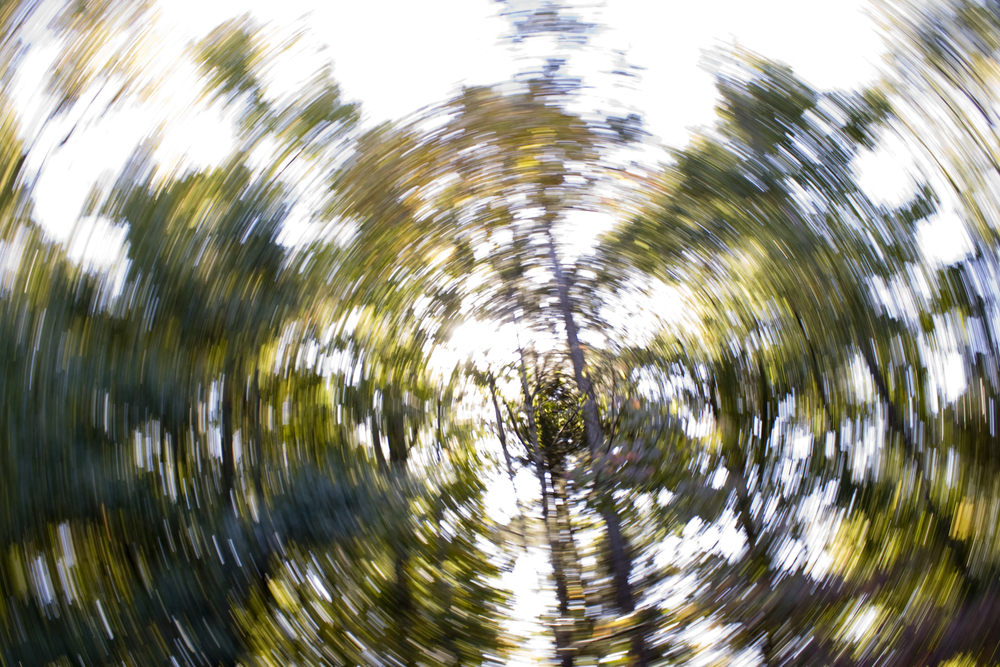What is Vertigo?
Many people confuse the terms ‘vertigo’ and ‘dizziness’. Dizziness is a term that is often used to describe a variety of sensations, and tends to mean something different to each person.
For example, one person may describe his/her dizziness as “light-headedness” while another may describe it as a swaying sensation or a sense of motion. Another yet may describe it as a feeling of general disorientation. Dizziness can arise from a host of diseases and conditions affecting the cardiovascular, nervous, visual, musculoskeletal (neck), or vestibular systems.
Vertigo, on the other hand, is a very specific type of dizziness that is characterized by the “illusion of movement” occurring in the surrounding environment. This may be a sensation that the room is spinning or tilting in some way. In some cases, it can be a very violent and disabling experience.
The Most Common Cause of Vertigo: BPPV
The most common cause of vertigo is a vestibular disorder called Benign Paroxysmal Positional Vertigo (better known as BPPV). The vestibular system is comprised of an organ housed in the inner ear, which provides the brain with information related to posture, equilibrium, spatial orientation, and motion.
In BPPV, this system becomes overstimulated — due to free-floating particles that become dislodged in the inner ear. This disruption causes conflicting information about head position and movement to be sent to the brain. The resulting effect is the sensation of vertigo. Other symptoms of BPPV include nausea, vomiting, and unsteadiness.
The majority of BPPV cases have no known cause, although head trauma is sometimes a precipitating factor. If you have had a concussion and are experiencing vertigo, you may well have BPPV.
Other causes of vertigo include:
- Vestibular Neuritis — Inflammation of the nerve supplying the inner ear.
- Meniere’s Disease — A chronic condition characterized by recurring episodes of vertigo, hearing loss, ringing in the ear and feelings of fullness in the ear.
- Stroke — Vertigo may occur during or after a stroke episode.
- Migraine-associated vertigo — More often affecting young women.
How Does Vertigo Treatment Work?
All cases of vertigo require prompt medical attention. If your vertigo is related to BPPV, concussion, or another disorder of the vestibular system, your physician may recommend a course of vestibular rehabilitation.
Vestibular rehabilitation involves a series of exercises designed to reduce symptoms of vertigo, dizziness and disequilibrium, improve balance and overall functioning. The type, number, and duration of the exercises largely depend on the source of the vertigo or dizziness.
Some of the exercises may need to be completed in a clinical setting under the supervision of a healthcare professional, while other exercises can be completed on your own at home. Many of our practitioners at Shift are trained and practiced in vestibular rehabilitation methods. It is a type of therapy we often implement in cases of persistent concussion-related dizziness and vertigo.
The good news is that in the case of BPPV, treatment is very quick and effective, often requiring just one or two visits to the clinic. BPPV treatment involves the application of what’s called a “repositioning maneuver”, which is highly effective, often significantly reducing or eliminating symptoms immediately after treatment.
Are you experiencing vertigo or dizziness? Contact us today at 519-822-2226 or email us.


Alexandria Martinez
My best friend’s mother is suffering from vertigo and I think it would benefit her greatly to visit a rehab for it. Knowing that the rehabilitation would reduce the symptoms of vertigo makes it seem like the best option. I will let them know that this is an option.
writeaessay
write an essay for me http://dekrtyuijg.com/
Wonderful postings. Thanks!
theshift
Thank you for reading – we’re glad you enjoyed it!
John Handler
Thanks for the great article. I suffered from vertigo for years and my balance got worse and worse. Then a few weeks ago I started following the instructions on this website and my vertigo is now gone:
http://bestquicktips.com/vertigo-natural-remedies
Check it out and I’m sure you’ll see great results like I did.